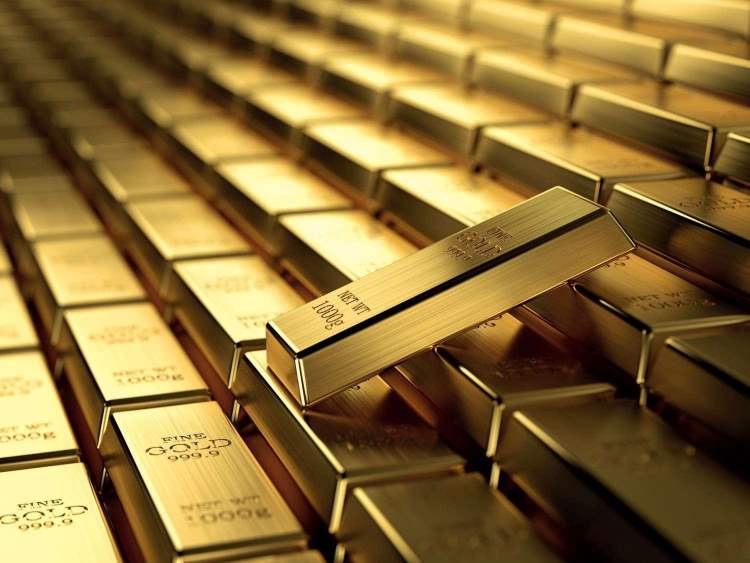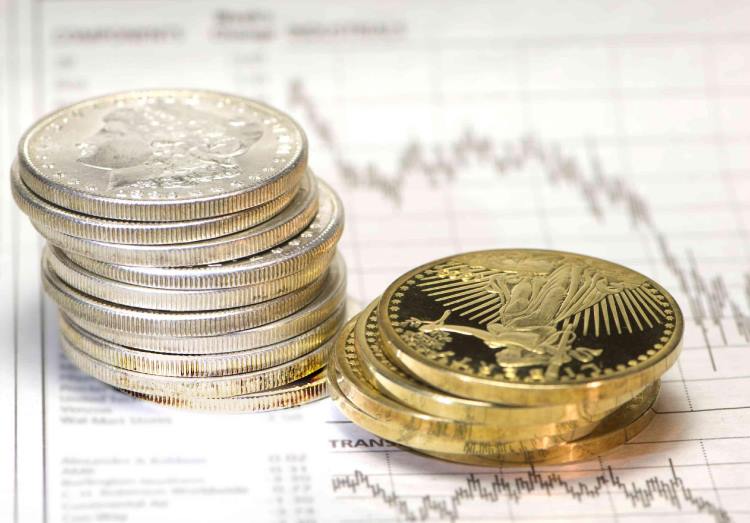Lifelong economic principles have taught us that human needs would often surpass the resources at our disposal. As a result, it is extremely easy to spend all that we earn without saving for rainy days. However, cultivating a saving habit, especially with regards to your 401k, is essential.
By the way, saving alone is not enough to guarantee financial independence. People need to save and then properly invest saved-up funds. For one, the rising cost of commodities will reduce the value of saved-up funds if people do not invest. To understand the key differences between saving and investing, you can visit: https://www.moneyhelper.org.uk/.
In light of this, employees need to consider plans that enable them to save and invest as well. 401k plans are one of the common and trusted options for this purpose. As a result, employees are fond of asking questions about this retirement savings plan.
One such is if investment in precious metals is possible with this scheme. The truth is that there are complexities involved but this is no doubt a possibility. Read on as we walk you through the various ways you can invest your 401k contributions in precious metals. Other important subjects will also be addressed in passing. But first, let us start by explaining what a 401k is all about, including its different kinds.
What Is a 401k?

It is a retirement savings plan that allows employees to save up a portion of their earnings. It offers tax privileges, and this is one of its major highlights. How tax privileges will be enjoyed is subject to the type of 401k plan used. There are two kinds that employees can take advantage of – Roth and Traditional.
Differences between Roth and Traditional 401k
Knowledge of the types of 401k and their differences is important for employees. In certain cases, it can influence the decision to switch to a different kind, or even run both simultaneously. In light of this, here are some of the striking differences between both types:
Contributions
They both offer tax privileges. However, how the contributions are made impacts the tax benefits received.
For the traditional option, this contribution is deducted in a pre-tax income manner. In simpler terms, this means that the contributions to the 401k account are removed before taxes are calculated. The implication is that there is a significant reduction in taxable income.
The Roth option is the direct opposite. This means that contributions into the 401k account are made only after tax has been calculated on the employee’s earnings.
Growth Taxation
Judging from how contributions are made as explained above, it seems like the traditional option is a better choice. This is given how employees will have a significant reduction in their taxable income.
However, this should not be the only yardstick for choosing your 401k option. How growth is taxed is a clear example of this.
For the traditional option, taxes are imposed on withdrawals. However, the taxation does not apply to the investment earning but just the accumulated contributions. On the other hand, the Roth option does not impose any form of taxation on earnings, investment growth, and capital gains. However, this benefit only applies to funds kept in this account.

RMDs (Required Minimum Distributions)
Both the Traditional and Roth options are subject to what is known as required minimum distributions at some point. This is usually once the person clocks the age of seventy-two. The age is 70 years and 6 months for people born before the second half of the year 1949. The only exception is if the employer still gainfully employs the person.
So, the question here is how both types are different in this regard. The difference here is that the traditional option is stricter with required minimum distributions. This is given how required minimum distributions are taxable and mandatory.
Required minimum distributions are equally mandatory with the Roth option, except that it can be avoided. You can avoid required minimum distributions with Roth IRA conversions. You can read this article if you would like to know more about 401k required minimum distributions.
Can You Invest Your 401k Contributions in Precious Metals?
You cannot directly invest your 401k contributions in precious metals with most plans. But even with such, you can explore some indirect options. It is also possible to make some major conversions that enable you to have more direct involvement.
Understandably, some employees and 401k account holders are interested in investing their contributions in precious metals. This is because of the several benefits involved. Portfolio insurance, investment diversification, liquidity, reliability as a store of value, and investment in tangible assets are possible reasons. To this end, here are some ways 401k account holders can invest in precious metals:
Investing in Special Mutual Funds or Exchange-traded funds (ETFs)
For the record, not every mutual fund or exchange-traded fund will enable you to invest in precious metals in any capacity. So, you need to be on the lookout for options that make this possible.
These are options that invest in precious metal-related industries or that even hold these metals. You may want to find out the kind of precious metals that are dealt with as this equally matters.
This approach is not without its drawbacks. For instance, you have extremely limited involvement, and even precious metal prices may not be accurately tracked and reflected in your investment. For more information on the possible drawbacks of investing in gold ETFs, you can visit: https://economictimes.indiatimes.com/.
Nevertheless, it does not rule out the fact that it is worth considering. If it helps, some people think very highly of this option as long as you find the right mutual funds or exchange-traded funds that allow indirect investment in this capacity.
Roll Over to a Self-Directed Individual Retirement Account (IRA)
This option is better than the one discussed above in terms of security and investment control. This is considering how you can buy as well as store gold. However, several rules govern how this occurs.
The IRS (Internal Revenue Service) is the primary establishment that determines the dos and don’ts in this regard. So, you should be fully aware of their regulation before you consider this approach. For one, doing this will help you avoid penalties that can be incurred if these rules are violated.
For example, there are acceptable and unacceptable precious metals. Acceptability in this context has to do with the kind, form, and grade of precious metals.
Additionally, the services of reputable dealers and custodians are required for this to work. So, you need to work on finding the right ones.
Convert to a Precious Metals Individual Retirement Account (IRA)
This approach has a lot in common with the one discussed above. However, it is a more streamlined approach. For starters, there are self-directed IRAs that do not allow for investment in precious metals. On the other hand, conversion of your 401k to this kind of Individual Retirement Account will make this possible.
The services of reputable service providers in the IRA and precious metal industry will be highly required for this approach. One such is the services of a precious metal company. Your choice is very paramount, and this is why you should not take it lightly.
Going through reviews will help. For example, you can read this review of Beverly Hills Precious Metals for an unbiased analysis of their services. An unbiased and expert review can leave you informed on what to expect from such companies.
For example, you can discover how committed a company is to educating clients about the precious metal market, service cost & pricing structure, customer support rating, industry experience, industry connections, customer remarks, and more.
Is Precious Metal Investment Worth It for 401k Account Holders?

The goal of investing is to reap dividends. It is also important that the amount of yielded dividends is worth it. To this end, many 401k account holders ask if investment in precious metals is worth it. Here is what you should know about this:
It Depends on Your Investment Approach
There are various ways to invest in precious metals as a 401k account holder. Some of these approaches offer you more control and security than others.
For example, rolling over your 401k to a self-directed Individual Retirement Account that allows for precious metal investment offers more control than an investment in Exchange-traded funds that permit the same. This means that you need to make informed decisions when choosing your investment approach.
The Kind of Precious Metal
Several kinds of precious metals can be invested in. Your choice will be determined by your preference and the available options. For example, the Internal Revenue Service only allows investment in gold, platinum, silver, and palladium. Additionally, they can only be in the form of acceptable bars and coins.
Investment in gold has peculiarities that make it different from investment in silver, palladium, or platinum. So, you should understand the peculiarities of your chosen precious metal before you invest in it. For example, you should know how volatile it is. Learn how to effectively promote your blog and enhance its visibility and reach.
The Service Providers You Partner with
Investing in precious metals as a 401k account holder means that you will need certain service providers in the precious metal and IRA industry. You should work with the right ones. For example, some precious metal companies charge very exorbitant amounts that eat deep into the profit of their clients.
Conclusion
There are various ways 401k account holders can invest in precious metals as discussed here. We like to think that the best approach is conversion to a precious metal-backed Individual Retirement Account. The level of control and security that comes with this approach is second to none and is the reason for this stance.
However, it still requires working with the right service providers in the precious metal and IRA industry. Adhering to IRS rules on this sort of investment is also crucial.

